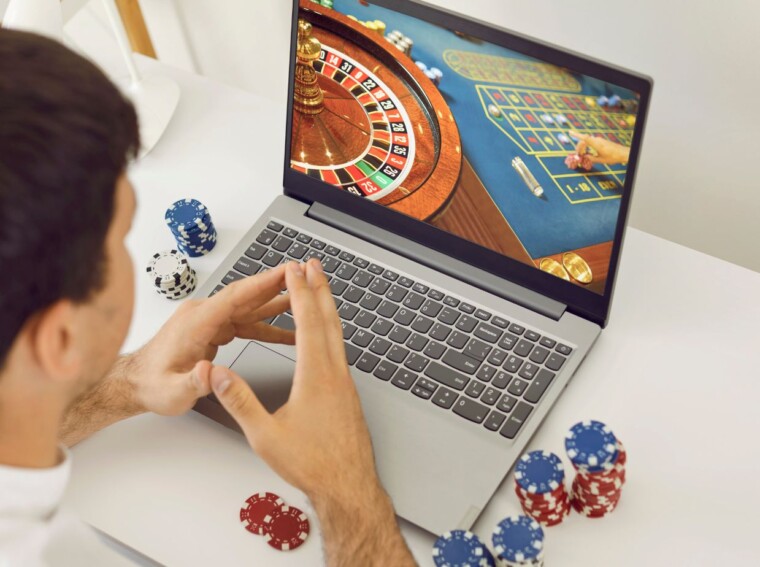Gambling can be a whole lot of fun if you do it responsibly. However, gamblers need to be very careful as gambling can quickly develop into a compulsive disorder. It can turn out to be an addiction that may be pretty difficult to come out of.
Gambling addiction can lead to a range of problems, including depression, fraud, theft, homelessness, bankruptcy, etc. Gambling addiction can be challenging to recognize though. In this blog, we discuss gambling addiction signs you should watch out for so that you may seek appropriate help, such as gambling addiction therapy. Let’s explore these signs.
Obsession With Gambling
An obsession with gambling is one of the most typical symptoms of gambling addiction. People with an addiction who have a gambling problem are obsessive about gambling and may become so focused on it that they lose interest in other things. Some common symptoms of gambling addiction include obsessive thoughts about gambling and compulsive gambling to the point where it interferes with different aspects of your life.
Denial
Many people with an addiction will persist in downplaying or denying the issue, even if it is evident to everyone involved in their lives. They will lie about how often they gamble, how much they bet, and how much money they owe while insisting that they have it under control. One of the main signs of gambling addiction is denial, which makes it challenging to get therapy since you can’t ask for assistance until you acknowledge you have a problem.
Experiencing Withdrawal Symptoms When Not Gambling
Gambling addicts usually experience emotional withdrawal symptoms when they stop gambling, even for 24 hours.

These symptoms include depression, anxiety, irritability, restlessness, decreased appetite & sleep. When gamblers experience withdrawal, they tend to think that they need to gamble to feel normal again. But this is usually not the right solution. At this point, it is best to seek professional help.
After Gambling, They Express Remorse Or Guilt
It may be an indication that your loved one has a problem—they may even be aware of it—if they have voiced regret or guilt after engaging in gambling but are still unable to stop.
You must seek professional assistance if you have observed these warning signs. When questioned, a person with a gambling addiction frequently responds in denial. See whether other friends or family members have observed these problematic behaviors.
Gambling More Than You Can Lose
Gambling organizations set limits on the amount of money and time that can be wagered. When gamblers start placing bets larger than they can afford to lose, they have likely lost the ability to control their gambling.

Problem gamblers are willing to lose more than just money; they also put their careers and relationships on the back burner in favor of making the next wager.
Wrapping it up
These signs will assist you in identifying whether you have a gambling issue, but if you’re still unsure, the best course of action is to stop. Essentially, the best way to describe a gambling addiction is to say that you are unable to stop. If you find yourself placing another wager, it is unquestionably time to get treatment, regardless of the reasons you give for your behavior or the lies you tell yourself to keep gambling.

